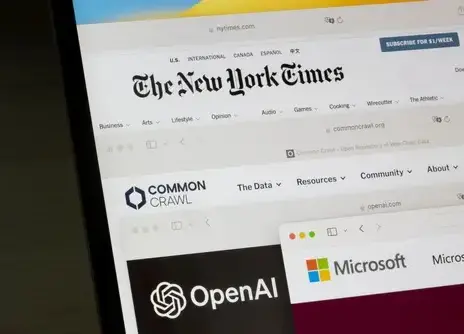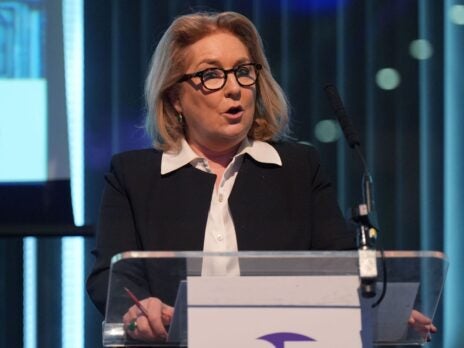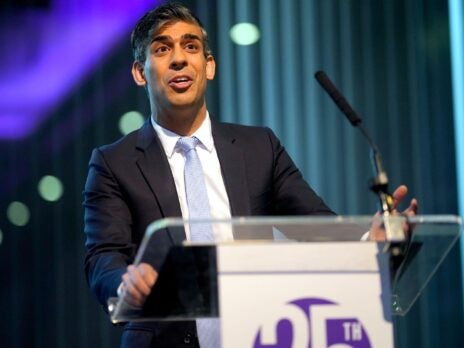Local journalists working on the ground in Zimbabwe have been crucial for news organisations in their coverage of the run-off election and its aftermath.
The UK-based Zimbabwe Times has a team of five core reporters and 10 freelances working in Zimbabwe. Some work without accreditation while others work for other publications and keep their work with the Zimbabwe Times secret.
Conrad Nyamutata, the title’s deputy editor, said that it was necessary for their journalists to work secretly. ‘We have to get our stories from correspondents working in Zimbabwe who write without any bylines,’says Nymamutata. ‘Our reporters can’t come out in the open and say they are reporting for the Times.
‘It’s obviously difficult for them working without the cooperation of state officials and they can’t identify themselves or let people know that they are working for an overseas news organisation. But it’s the only way we can circumvent this legislation and operate freely.”
Nyamutata adds that because of the restrictions imposed on them, many local journalists work with a kind of self-censorship: ‘The real story can only be told when there exists the freedom to tell it.’
Barry Moody, Reuters’ Africa editor, says that employing Zimbabweans – three reporters, a photographer and cameraman – in the Harare bureau had helped them get access. They had been told early on that it would be unlikely that any Western journalists would be allowed access during the elections. ‘When they brought in mandatory registration, it was quite easy for us to comply with because our journalists are Zimbabwean, but it’s still a very difficult place to operate in,’he says.
Intimidation
In a recent report the Committee to Protect Journalists and other press freedom organisations expressed concerns at the level of intimidation faced by journalists in Zimbabwe.
Moody says there were a number of areas that journalists were unable to go to because of the dangers. ‘We want to make sure that we report the story in a balanced and accurate way, but one of the things that was difficult these elections was getting into the countryside, that’s where it was most dangerous,’he said.
‘We don’t want to send people out from Harare to places where we can’t be sure we know where they are and that they will be safe, so in cases like that we would need to use our own contacts to call people out in the rural areas. We sent people out in the past but at the moment it’s very dangerous.”
Wilf Mbanga, editor of the independent UK-based Zimbabwean, was a friend of president Robert Mugabe and used to travel with him in his earlier years, but he left the country permanently when, during a trip to Holland, he was named as ‘an enemy of the people’and as such could expect a ‘reception committee’if he returned.
‘In the past Mugabe used to love journalists because he had a story to tell, but now he has something to hide,’says Mbanga, a founder of The Daily News, which was banned in 2003.
There was a great deal of intimidation, with numerous arrests during the election and lists naming journalists who were targets for assassination ‘leaked’regularly, Mbanga adds. “My name features regularly on that list and also my reporters but we don’t know if it’s a genuine leak or if they are intended to send a chilling message,’says Mbanga.
Email pged@pressgazette.co.uk to point out mistakes, provide story tips or send in a letter for publication on our "Letters Page" blog






